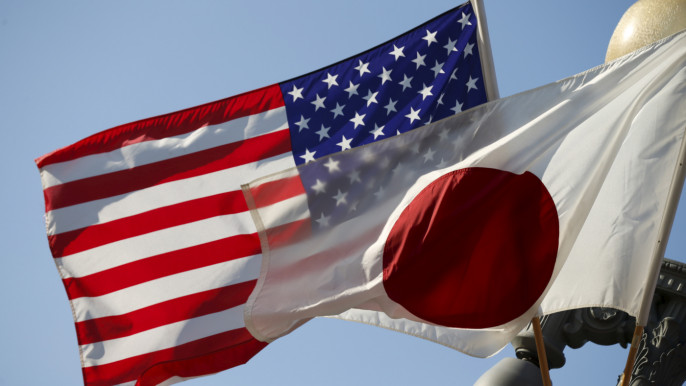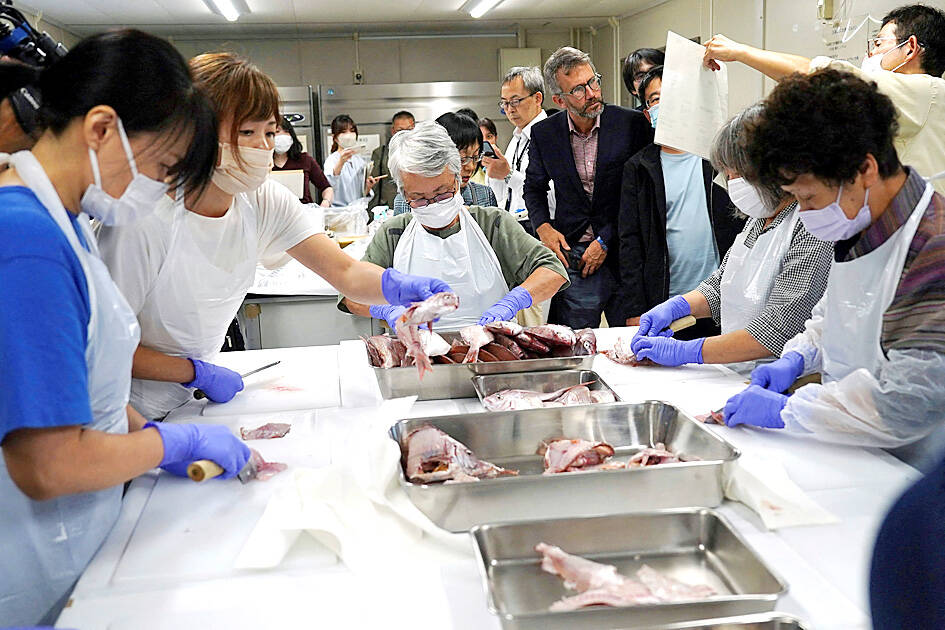In a proactive response to China’s recent ban on Japanese seafood products, the U.S. military stationed in Japan has initiated large-scale purchases of seafood from Japanese suppliers. This initiative comes in the wake of China’s embargo on Japanese seafood following concerns about the release of treated water from the Fukushima nuclear plant into the sea.
China had traditionally been the largest purchaser of Japanese seafood, with Japan exporting more than 100,000 tons of scallops to China in the previous year. However, the ban has significantly impacted this vital industry. In a bid to support Japanese fisheries and co-ops, the United States aims to establish a long-term contract with the seafood industry as part of its efforts to counter China’s economic coercion.

The first purchase under this scheme involves just under a metric ton of shellfish. U.S. Ambassador to Japan, Rahm Emanuel, emphasized that this is just the beginning of a long-term contract that will eventually encompass a broad range of seafood products. These purchases will serve the dual purpose of feeding military personnel and being available for sale in shops and restaurants on military bases.
Ambassador Emanuel underscored the gravity of China’s ban, labeling it as part of Beijing’s “economic wars.” In light of this, Washington is actively exploring additional measures to counter the ban’s adverse effects.

The Chinese import ban, which cited safety concerns regarding the treated water from the Fukushima nuclear plant, has generated controversy. Japan has consistently maintained that the released water is safe, a position supported by many scientists and even the United Nations’ nuclear watchdog. Japan has further emphasized that similar releases of treated waste water are routine for other nuclear power plants in countries such as China and France. Regular monitoring reports confirm the seawater near Fukushima exhibits no detectable levels of radioactivity.
The U.S. military’s seafood purchases represent a strategic response to support Japanese fisheries and protect the interests of the U.S. military community. As the situation unfolds, it will be closely monitored to assess the impact and effectiveness of these measures.
Resources:
1.https://www.bbc.com/news/business-67269794
3.https://www.nbcnews.com/news/world/us-military-bulk-buys-japanese-seafood-china-fukushima-rcna122724